Girls were not allowed. 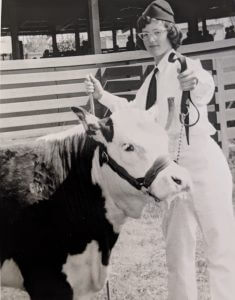
Agricultural-Science was a class for boys who would one day become farmers or ranchers. School- age girls were to take home economics so they could learn to cook and clean.
But, Mary didn’t accept a ‘no’ as easily as others. Especially after her father fell ill when before she entered kindergarten.
A man just 30 years old, Mary’s father, Daryl, was stricken with a debilitating autoimmune disorder, Rheumatoid Arthritis, that attacked his joints, leaving his hands and legs nearly useless. The family had a 300 head cow-calf operation in the heart of California’s Central Valley, but with no one to lead the way, the operation was sold to pay the bills.
But that did not mean the work was over, the ranches needed to be irrigated and maintained while the tenants’ cattle grazed and were rotated from field to field. Mary got to work. Life didn’t get easier.
In the 1950s and 60s, Future Farmers of America did not allow girls into their program, but that does not mean she wasn’t expected to carry a project and complete records like everyone else.
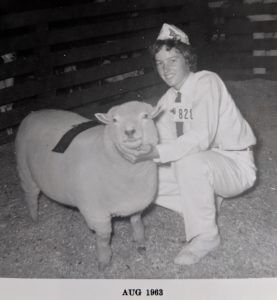
Despite pushing her way into the Ag-Science course and being a Merced County’s 4-H All Star, she was told to stand outside when the FFA portion began. You’d think that would have diverted Mary into a different career.
It didn’t. After earning her degree in agricultural from California Polytechnic State University in San Luis Obispo, Mary landed work with water districts in the Williams area – where her grandfather had left her land.
One of her big challenges was to balance the Bureau of Reclamation’s Management and Conservation Plan with the needs and practices of the farms in the district.
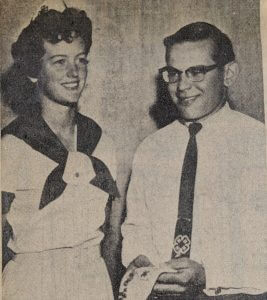
“There were those who said we’d have to choose farmers over conservation or vice versa.”
Like many of the other choices Mary was presented with in her life, she didn’t take that offer.
Mary advocated that the Maxwell Irrigation District participate in an innovative fish food program during the summer that directs water through a wetland and tidal slough corridor of the Sacramento River system and into the Delta.
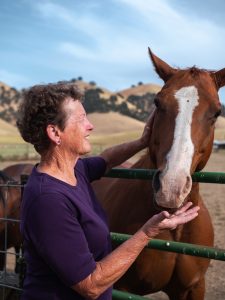 Why? To help feed endangered fish downstream.
Why? To help feed endangered fish downstream.
Results were instantly positive.
The program showed that the nutrient-rich “pulse flow” successfully generated a phytoplankton boom and enhanced zooplankton growth which greatly aided the Delta smelt and their egg production.
It is one example of many where Mary took the more difficult path in hopes of finding a positive and impactful result for the greater good.
Because of her tenacity, Mary is one of the most respected water managers and policy leaders in Northern California.
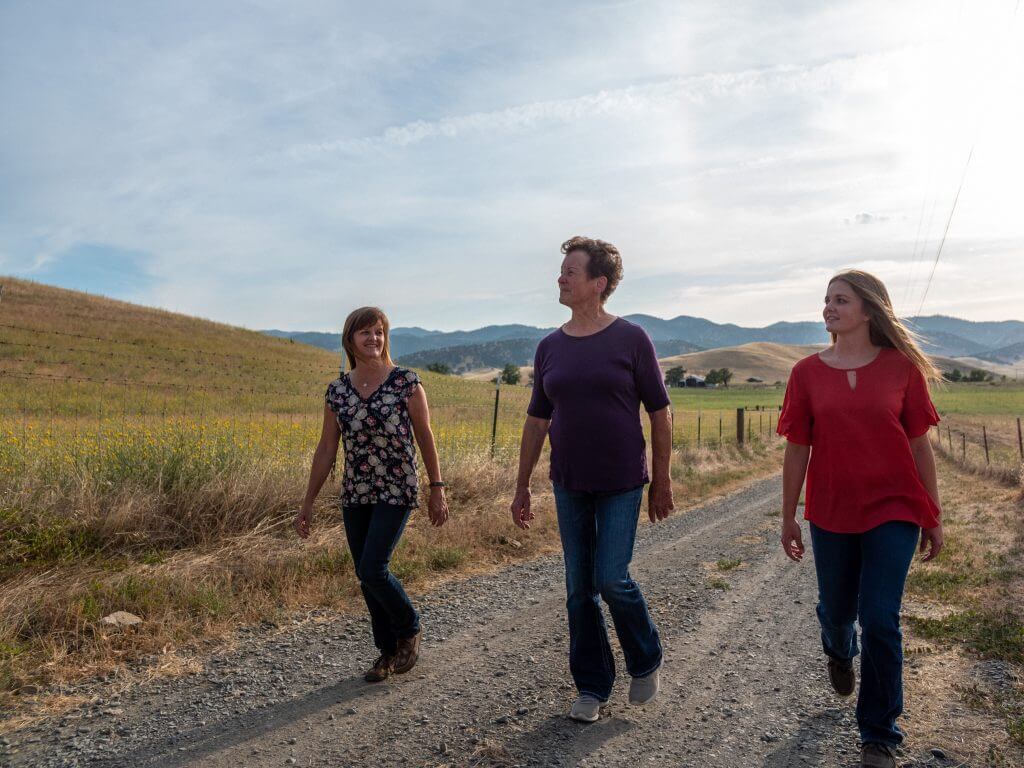
“I look back now, and I think how my father’s illness and death prepared me for the rest of my life.
It helped shape the attitude I had with each challenge I faced and continue to face.” These days, the “nos” are a little less frequent, because as most understand by now, Mary is likely going to find a way to do it anyway.
Listen to the podcast here.
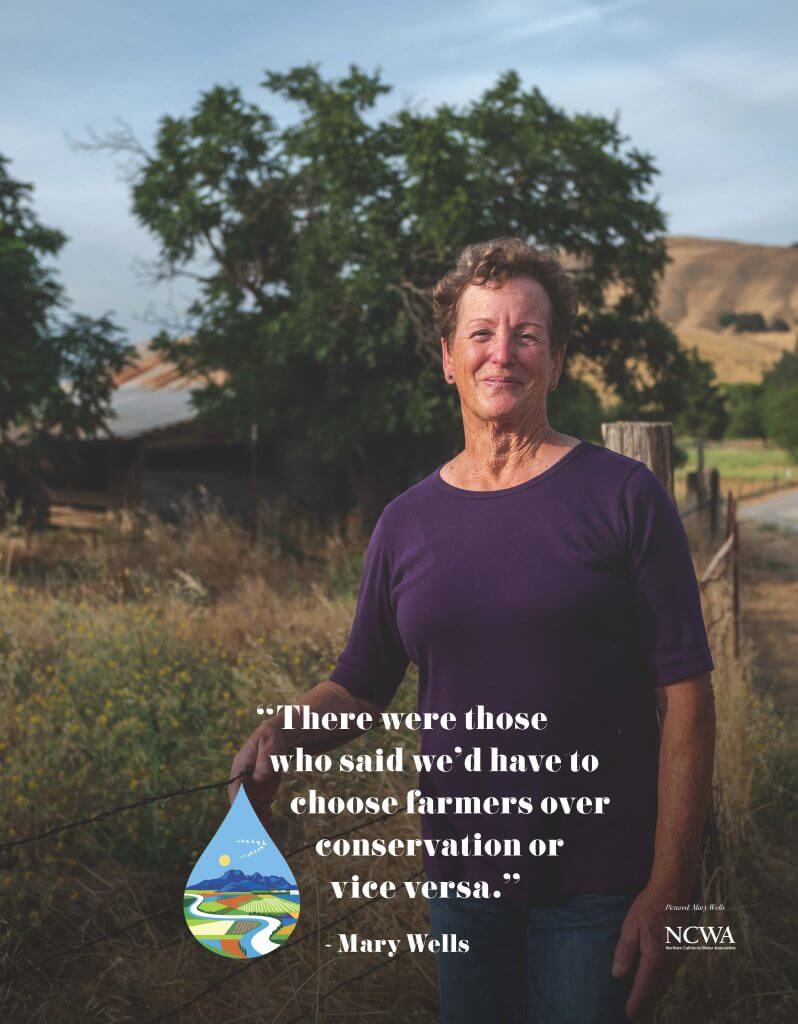




This story would make a great movie.